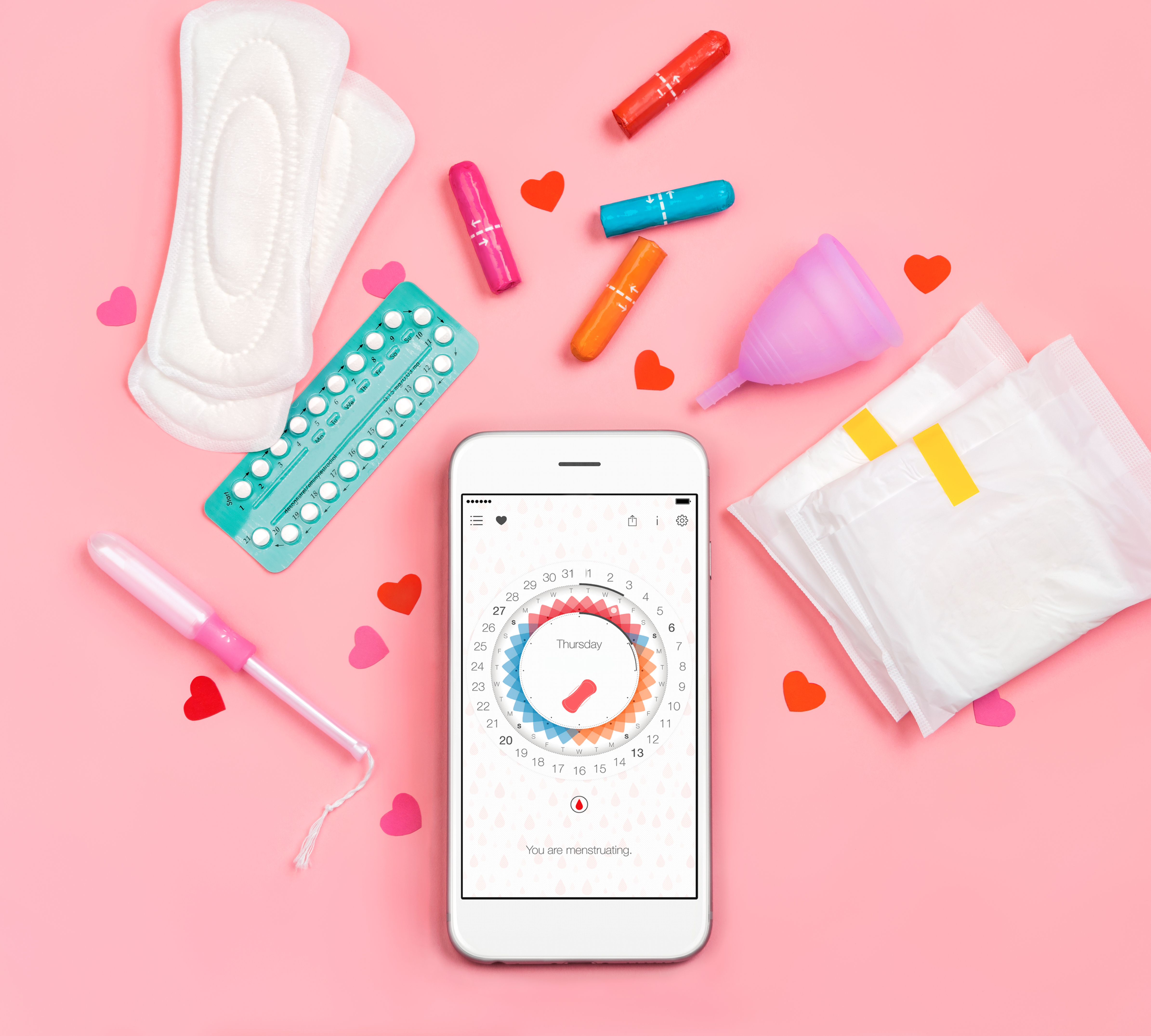We’ve all heard the age-old myth & quot; You can’t touch pickles on your period or they will go bad & quot;. As old as this myth seems to be, even today, many countries around the world, including India, believe in these old fables about menstruation and periods. For centuries and generations, period myths have been passed down and continue to spread false beliefs about periods and what you should and should not do when you have them every month.
Awareness and education are a large part of the conversation that is meant to bring to light factual information and dismantle society’s stigma around menstruation and periods. That is why today, we’re dispelling some common period myths and the reasoning behind them.
We sat down with Ms. Nameeta Saigal from Nua to break down commonly heard period myths. Knowing the difference between fact and fiction is a key aspect of the content created at Nua. They want to be able to ensure every woman has a hygienic and safe period. They believe placing a woman’s wellness needs above all else is the way to move forward to lead a happy and healthy life, for herself and those around her.
Debunking Period Myths
You Should Not Have Sex On Your Period
Perhaps it’s the complicated routine before, during, and after period sex that puts people off period sex, or maybe it’s the thought of bleeding on your partner. The most common concerns with period sex are hygiene-related and in reality, can often be solved with a little extra care. There is no medical evidence suggesting that period sex is harmful. In fact, there are many benefits linked to period sex.
For example, orgasms cause muscles in your uterus to contract, which provides relief from cramps. Orgasms also release endorphins, the ‘feel-good’ hormone, which helps with PMS symptoms. While you are still advised to use contraception, period blood can also act as a lubricant during the act. In case you are concerned with having to clean up after, you can simply lay down a towel or have sex in the shower. The choice to have period sex is yours, so don’t let others tell you anything otherwise!
You Shouldn’t Go Swimming On Your Period
During hot and humid summer months, your body can get some relief from the blaring heat after a dip in the pool. Yet many believe that swimming during your period is an impossible task.
Yes, years ago it would have been deemed a miracle to swim in your period with menstrual blood being released into the body of water due to improper menstrual blood collection.
Today, we have solutions that can help to not let the menstrual fluid come in contact with the water.
Additionally, swimming provides relief from cramps since it causes the body to release endorphins. Endorphins are natural painkillers and help elevate your overall mood. If anything, swimming on yours. period is actually good for you!
Menstrual Blood Clots Are Abnormal
Menstruation is a unique process for everyone that experiences it. During menstruation, the endometrial cells that line the uterus leave the body, and as it happens, the body releases proteins that cause the blood in the uterus to coagulate. The blood that the body has already shed also contains these coagulation proteins. When your flow is most heavy, the coagulation proteins within the blood may start to clump together, resulting in menstrual blood clots.
Generally, this takes place when menstrual blood pools in the uterus or vagina before it leaves the body. There are many possible causes of menstrual blood clots. If you’re noticing larger than normal clots even during the light to medium flow days, you need to consider visiting a gynecologist to rule out any possible concerns. Taking charge of your body is important. No matter how small your clot or any other sign that’s appeared suddenly during your period, reach out to professionals that will put your worry at ease and help you find the right solution.
Hormonal Changes During Your Period Are Not Real
If there’s one thing you cannot get wrong about your period, it’s this one! Your period alters your hormones and their functions. Your cycle goes through 4 different phases every month: follicular, ovulation, luteal and menstrual. Each phase coincides with a step to help prepare the body for either possible pregnancy or a period, depending on the fertilization of the egg.
All these phases cause your body to increase or decrease certain hormones to ensure your body gets the nutrition it needs to function at its best capacity. Hormones are also responsible for fluctuations in your mood, signs of Premenstrual Syndrome (PMS), and more.
Period Blood Is Dirty
Period blood is just as normal as any other bodily function and also very different from the blood that runs through our veins across our bodies. Period blood consists of many things including the uterine tissue, mucosal lining, and some blood that has fewer blood cells and a thinner concentration than our regular blood.
However, with periods and period blood being a topic of taboo, the thought of the body expelling fluid was enough to deem it as ‘dirty’ and ‘unwanted’ by the body. Menstruation is a normal bodily function and hence, period blood is as clean as any other blood running through your body! Don’t let anybody tell you otherwise.
_________________________
Follow @missmalinilifestyle on Instagram for more content like this.

